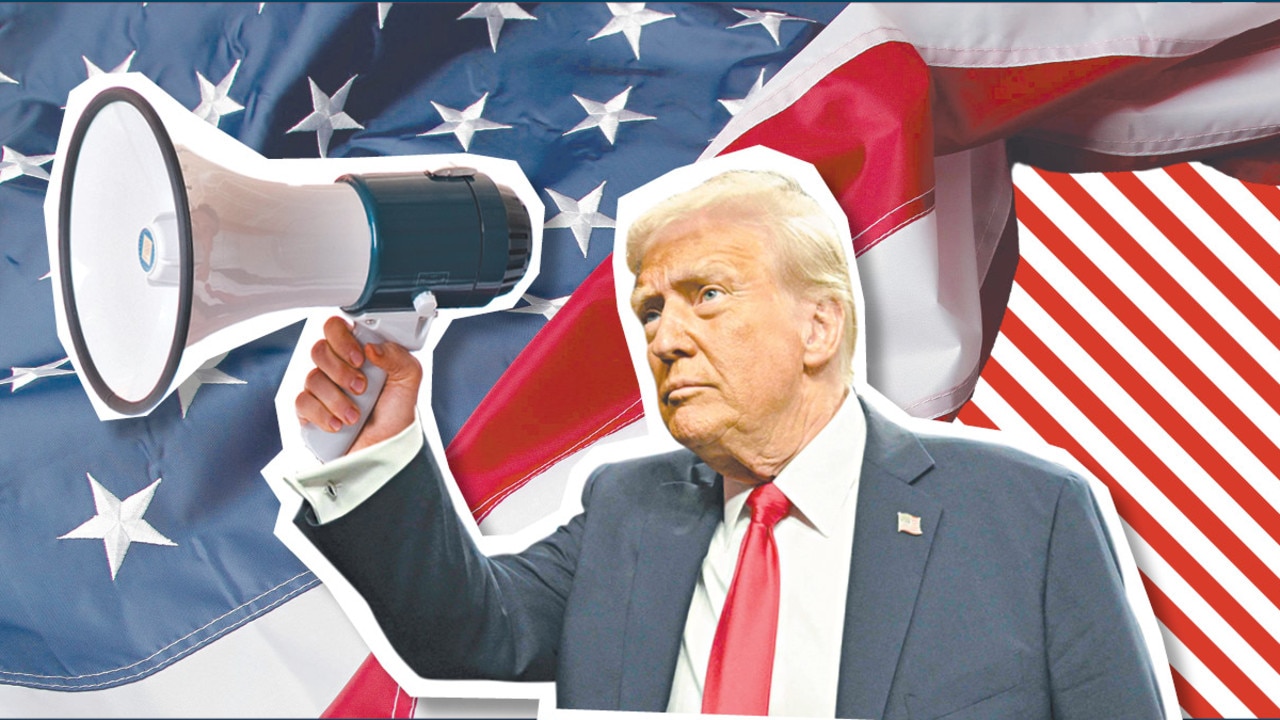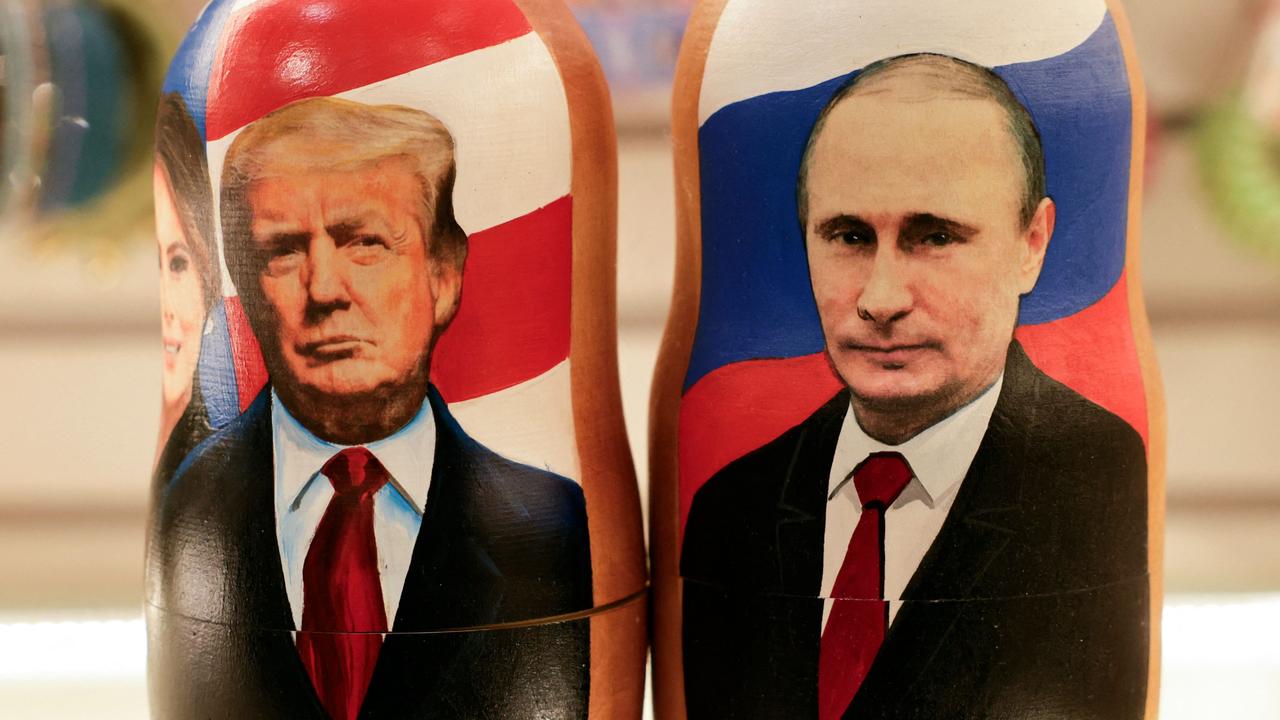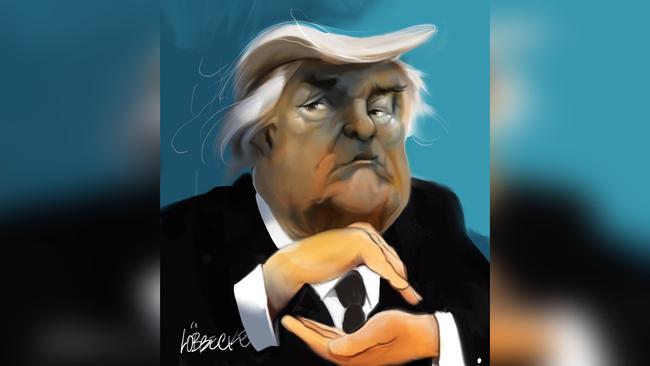
Australian investors, along with those in most parts of the developed world, are about to discover that during 2020 their fortunes will be increasingly linked to what is happening in the November 3 US presidential election.
While American presidential elections are always important for markets, rarely has there been one that has such wide global ramifications. This really came home to me this week as I was yarning in Melbourne to Boston-based Christine Todd, who is head of US fixed income for Amundi, Europe’s largest investment manager.
READ MORE: Sleepy Joe Biden shows why he’s the pick | Trump accuses Democrats of doctoring impeachment testimony
Todd explained why the US economy is going gangbusters and why the election could send it into a sharp reverse. Firstly, the real powerhouse in the US economy is not so much corporate giants but rather (like Australia) small and medium sized businesses. In the US they have responded dramatically to the slashing of regulations and the lower taxes of the Trump era, and are now in the mood to hire and are increasingly investing in capital expenditure.
I believe we can add the fact that a decade or so earlier, the US changed its tax laws so its equivalent of the Australian Taxation Office, the Internal Revenue Service, stopped pursing an indiscriminate small business-bashing agenda and was set rules that enabled fair tax collection procedures; the reverse of what has been happening in Australia.
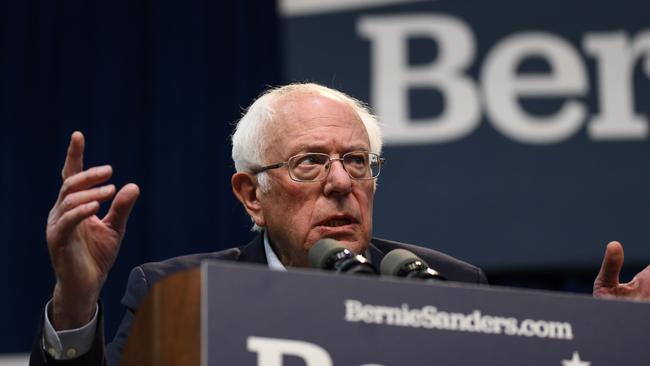
Todd explains that as small enterprises boomed in response, their greatest problem has become a shortage of skilled labour, and this is holding back a number of areas of the economy. In particular, in housing, the shortage of skills is causing a housing growth slowdown in some areas, rather than a slackening of demand.
As always happens in these situations wages, for skilled workers are rising over a broad area, and Todd believes that’s going to cause mild inflation to break out. She says the market has substantially underestimated this likely development and while the Federal Reserve is unlikely to alter its lower interest rate course, overall market interest rates will edge higher reflecting the likely uptick in inflation. We are already seeing higher US bond interest rates.
Todd believes that is highly likely that there will be truce in trade hostilities with China in the next month or so, which will lower the uncertainty cloud and propel the US economy even further forward. Accordingly, there is almost no chance of a US recession while the current policies are in place and that is the package that Donald Trump will take to the election. But the election could completely change the US outlook.
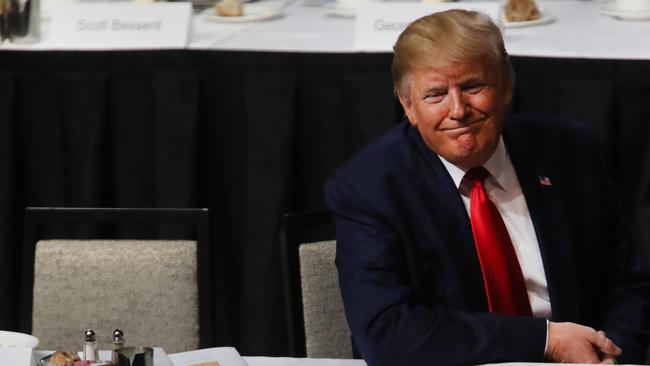
If the Democrats choose either Elizabeth Warren or Bernie Sanders (and they are the party’s front runners) then a totally different scenario emerges. The lower taxes and reduced regulation which is driving small business forward will be reversed by a totally different set of economic policies, led by higher tax rates and vastly increased regulation. If Warren or Sanders win the Democratic party’s nomination and later the election, then their policies mean that an American recession in 2021 is a real possibility as business reacts to the onslaught of taxes and regulations. Wall Street and all other major equity markets would fall sharply.
If Joe Biden or Michael Bloomberg gain the Democratic nomination – they are not the front runners – and the winner goes on to become president then the onslaught on the US capital system will not be nearly as severe. But whether the Democratic nominee is Warren /Sanders or Biden/Bloomberg, the Democrats will muster a campaign that focuses on the ethics and practices of Donald Trump. The US president’s campaign will be based on the economy. So we a set for a US election where the strong American economy is pitched against the personality and practices of Donald Trump.
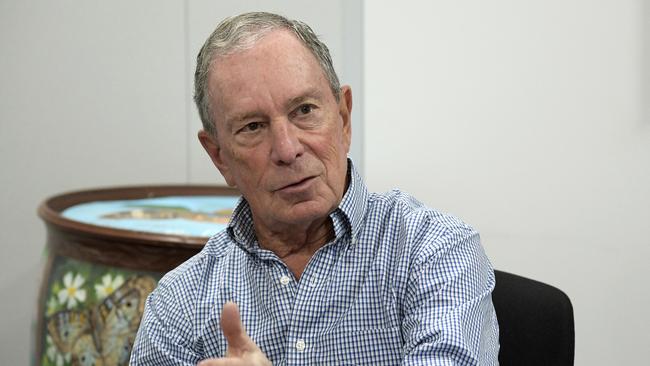
At this stage Todd says that the US stockmarket gives almost no countenance to the possibility that the Democrats will win. But significantly, the US betting markets, where Americans are putting money on the line, currently favour a Democrat victory, albeit by a small margin. This is a warning sign that US sharemarkets may not have correctly priced-in the risk.
The country is hopelessly divided on the issue of Trump. Todd believes there is little chance of impeachment and the greatest threat Trump faces will be a debate over his business practices in years gone by.
A fascinating sideline to the election is the fact that Trump put a cap on the deductibility of state and local taxes against federal taxes. New Yorkers, for example, are burdened with very high local and state taxes, and the inability to offset this against national taxes has put a huge impost on the high-income executives in the region. Expensive houses have fallen in price and many are leaving New York. New York is a centre of the anti-Trump campaign and inevitably that affects media reporting.
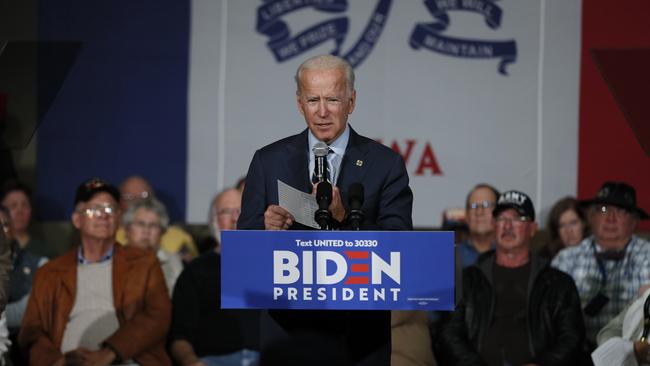
Todd believes that if Warren or Sanders win, the fall in the US stockmarkets will be severe. That will affect the values in most other developed country markets, including Australia. So we have a big financial stake in the outcome of the US nomination process and the election’s outcome.
The Amundi strategy in this situation is to make sure when investing in US debt securities that the maturity dates are not too long, on the assumption that Trump will win, and the strong US economy will edge up market rates.
Todd believes that if the Brexit problem can be solved it will cause a big rise in continental European optimism and capital investment will follow. If it were not for Brexit London would almost certainly be restored as the financial capital of the world, given New York’s decline. But now it is a very open race.


